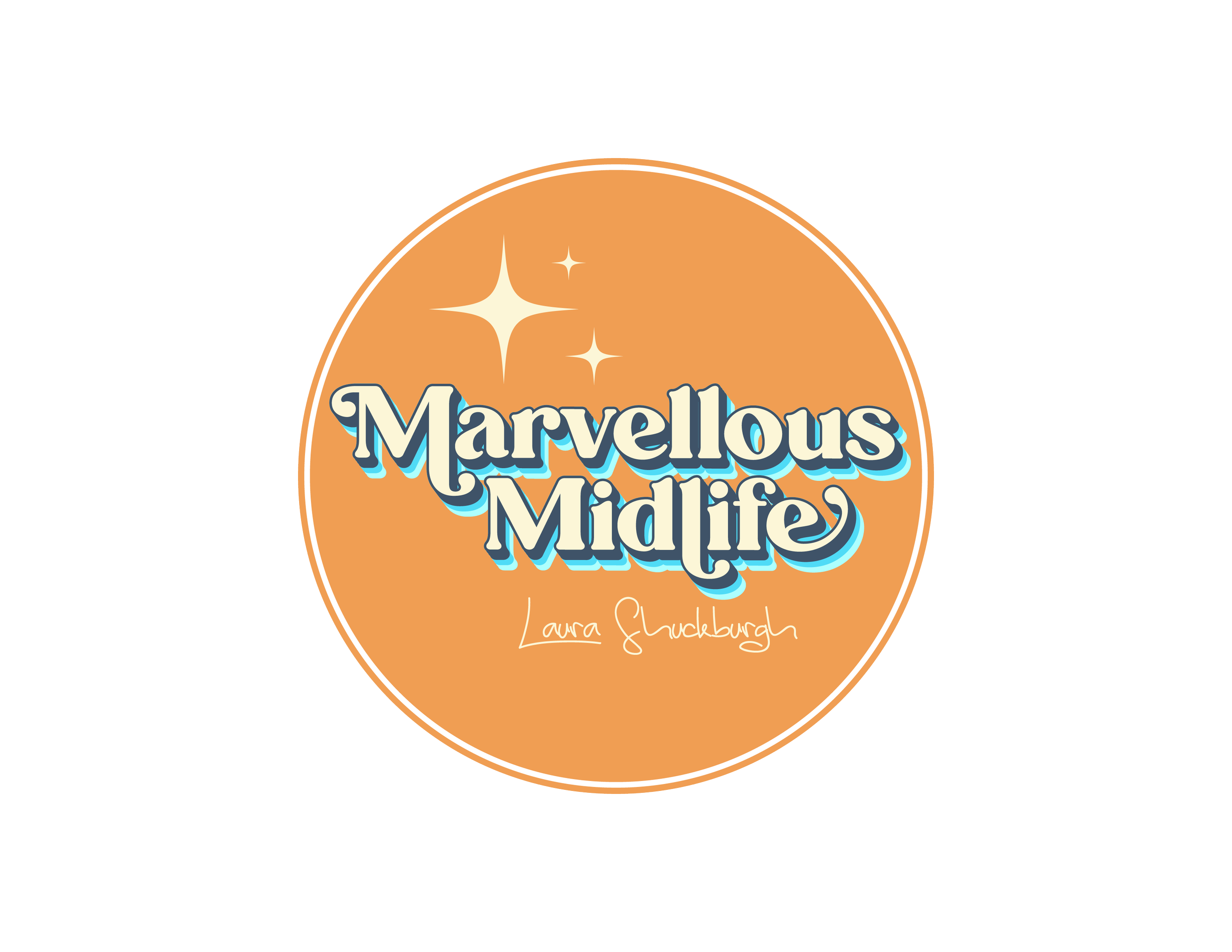Helen Kemp's Meno Story
How old were you when you first discovered you were in Menopause?
I had a TAH/BSO (for endometriosis, ovarian cysts and multiple fibroids) aged 41 so effectively went slap-bang into surgical menopause.
How did you know you were in Menopause?
Despite a hysterectomy including removal of my ovaries, I didn’t realize my symptoms were as a result of menopause! I wasn’t getting hot flushes or night sweats and it simply never occurred to me that the whole raft of seemingly unrelated issues were due to menopause. I had post-op complications that dragged on for a few years. It was only during a consultation with my gynae-surgeon to discuss the possibility of a further surgery, that the menopause was mentioned.
What stage of the menopause are you in?
I am post-menopausal.
What were/are your symptoms?
My symptoms for the 3 years post-hysterectomy during which time I was not on HRT:
Depression, generalized anxiety, panic attacks, suicidal ideation, mood swings, brain fog, insomnia, hair loss, dry skin, restless legs, gingivitis, sore breasts, poor concentration, forgetfulness, sore & achy joints, muscle cramps, low confidence, low energy, zero motivation, social anxiety and genitourinary-syndrome of menopause (GSM).
My symptoms for the last 3 years since I have been on HRT:
Brain fog, hot flushes, mild anxiety, hair loss. Mild depression which is managed by medication.
What effect did/do your symptoms have on daily life?
Before HRT: I resigned from my job (I was a research fellow and managed a forensic laboratory), and I had a mental breakdown. I was permanently exhausted, irritable, and quite honestly life was not worth living.
Since HRT: After 3 years of being on an estrogen only patch, and more recently (Feb 2020) adding in testosterone, I am starting to feel brighter, more motivated. I actually want to be alive. I have energy. My sleep is often restful and at times deep, and my concentration is better. I’m tempted to say that I feel like my old self, but at times I actually feel better than my old self.
Have your symptoms affected your relationships with others?
I’m naturally an introvert and don’t need a huge amount of human contact to feel well and balanced. However during the early months after the hysterectomy, I just went through the motions of living. I didn’t want to talk to anyone, and I had no patience. I imagine I was like a teenager going through puberty, only in reverse. That couldn’t have been easy on those around me.
How are you managing your menopause?
My menopause toolkit contains many things. Firstly medication. I take a combination of anti-depressants as well as an oestogen only patch (Estraderm) and Testogel. The HRT seems to boost the efficacy of the anti-depressants (for me anyway). Exercise is a non-negotiable part of my life now, and I indoor-row and run. Talking therapy is also a pivotal part of my life, as is self-care, mindfulness, meditation (I’ve just started Qigong, and its wonderful) and self-compassion. I really think we underestimate the importance of compassion and kindness in our lives.
What has been the worst thing about the menopause for you?
The fact that it took a mental breakdown and resigning from my job before I started to get the help I needed. I was completely unaware that menopause was in fact so much more than hot flushes and night sweats. Feeling powerless, and hopeless.
What is the best thing to come out of your menopause journey?
I am now in a position to help other women by sharing my lived-experience.
What do you want other women to know that may help them to get through the menopause?
Menopause is so much more than hot flushes and night sweats. It can have a significant impact on your mental health too. Get informed about your hormonal health, after all knowledge is power, and forewarned is forearmed.
Reach out for help and keep reaching out, and don’t take no for an answer. You are the best judge of your body and if something doesn’t feel right to you, follow it up.
Talk to the women in your life, be they mothers, daughters, nieces, tell them about your experience of menopause. Don’t forget to share how your menopause makes you feel with the men in your lives as well. Afterall, they often get the brunt of our moods. Check out your workplace to see if they have a Menopause Policy. And finally, find the nearest Menopause Café event to you locally, or join in a virtual Menopause Café event via Zoom. Let’s change the menopausal transition for future generations.
Connect with Helen:
Twitter @Fliss_Coumarin and @Menopause_Cafe www.menopausecafe.net
More about Helen:
A biochemist by training, Helen Kemp describes herself as a reformed academic who left the lab in 2014 and now pursues her interest in women’s hormonal health, focusing on the intersection between menopause, trauma and mental health. Helen is a Trustee of the Charity, Menopause Café. A late-diagnosed aspie, Helen lives in rural Perthshire and shares her garden with a merry band of red squirrels.

